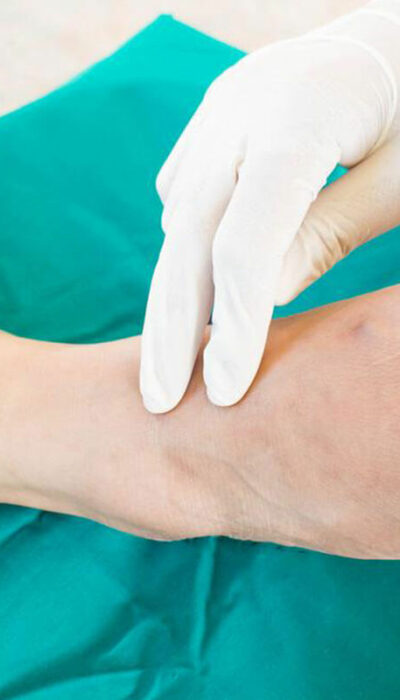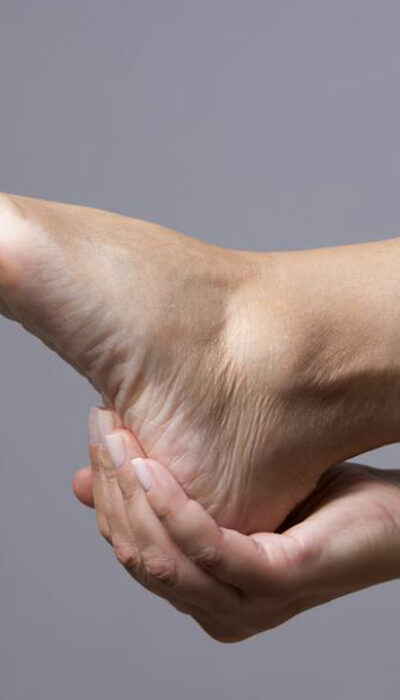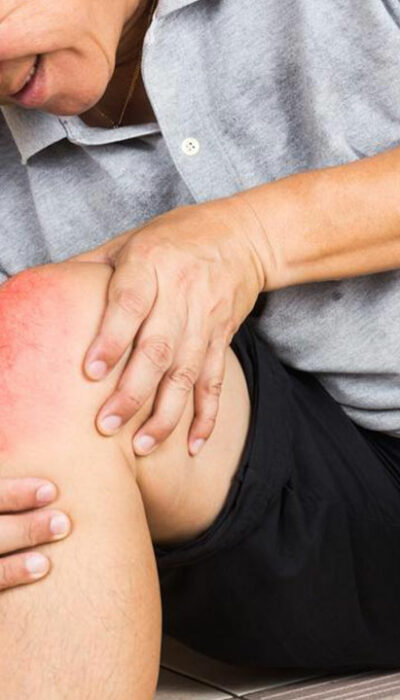
Reverse Diabetes Naturally With These Home Remedies
Diabetes or diabetes mellitus is a set of certain metabolic diseases, that lead to the increase in blood glucose or blood sugar levels in the patient’s body. This increase in the blood sugar levels is due to insufficient production of insulin in the body, or when the cells in the body do not respond appropriately to insulin, and a combination of both these reasons could also be a reason that leads to diabetes. People suffering from diabetes urinate often, might have blurred vision, feel more thirsty and hungry, gain weight, feel more exhaustion, may even lose weight, cuts, and bruises hardly heal and may experience a lack of sensation in hands and feet. Diabetes is of generally three types—type 1, in which the body does not generate insulin, type 2—in which body does not produce enough insulin, and gestational diabetes, which is more common in pregnant women. There are many known treatments for type 2 diabetes, and there is no known treatment for Type 1 diabetes and it lasts a lifetime, however, it can be improved. Reversing diabetes naturally has been gaining a lot of attention for some time now, and there are a number of ways, by which one can get rid of diabetes. Some of the herbal supplements for reversing diabetes naturally are mentioned below: Indian Gooseberry: Indian gooseberry is rich in vitamin C, and thus is considered good for treating diabetes. You can take a tablespoon of gooseberry juice, mix it along with bitter gourd juice, and have the mixture for around 2 months. This can help in balancing blood sugar levels in diabetic patients. Mango Leaves: The leaves of mango tree are beneficial for treating diabetes. Soak some fresh mango leaves in water overnight, and squeeze them out of the water in the morning. Consume this water every morning for becoming free of diabetes.










